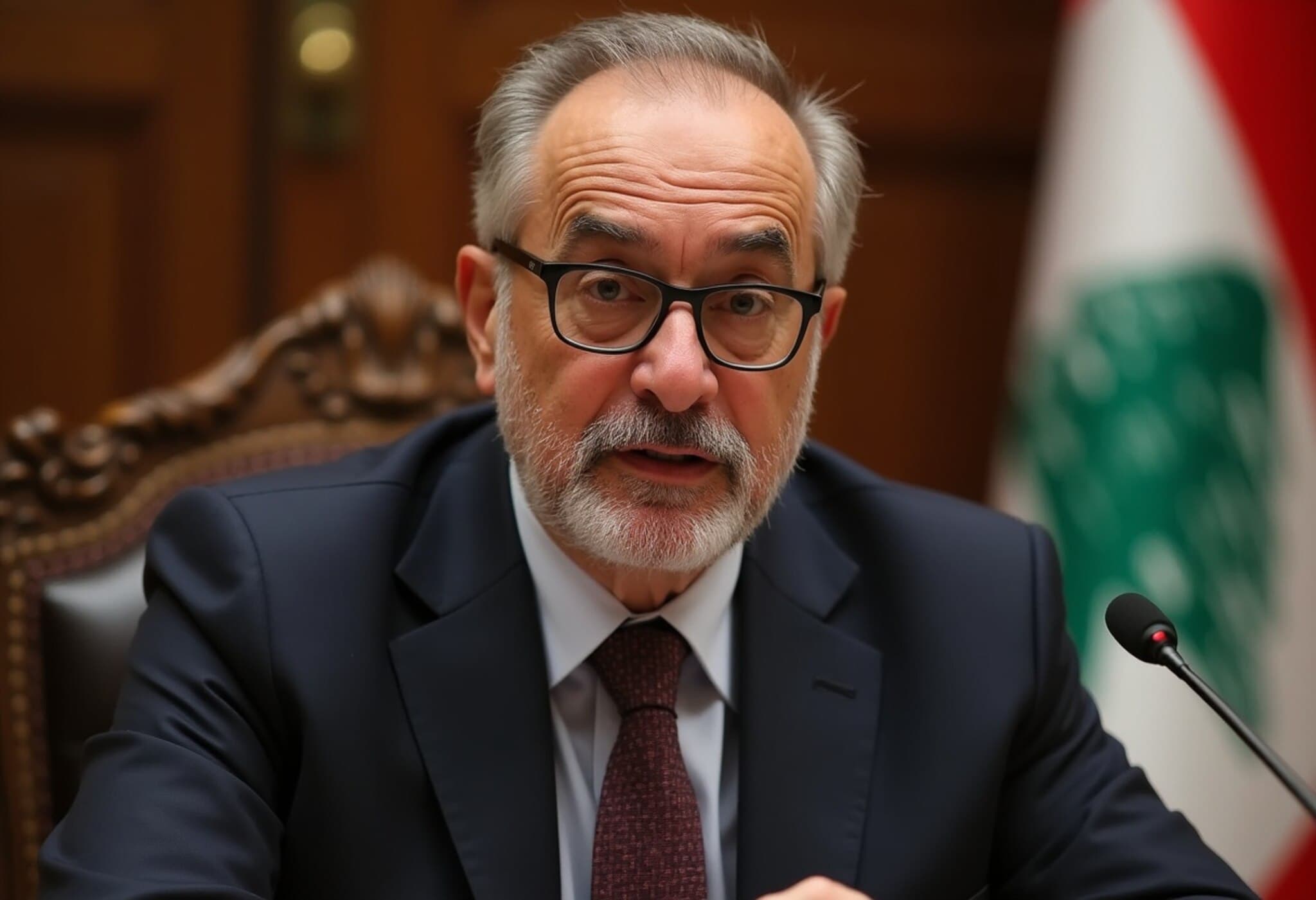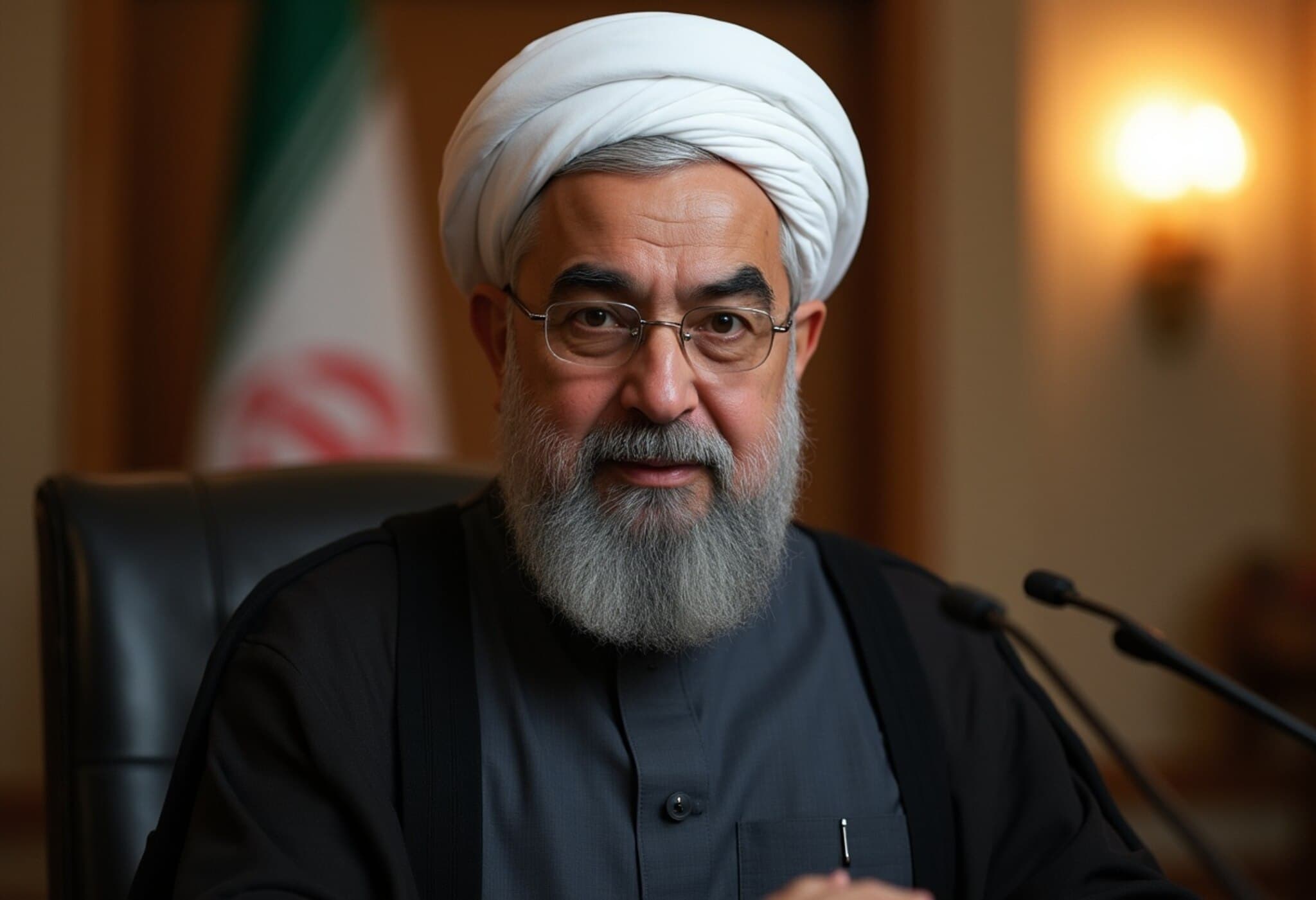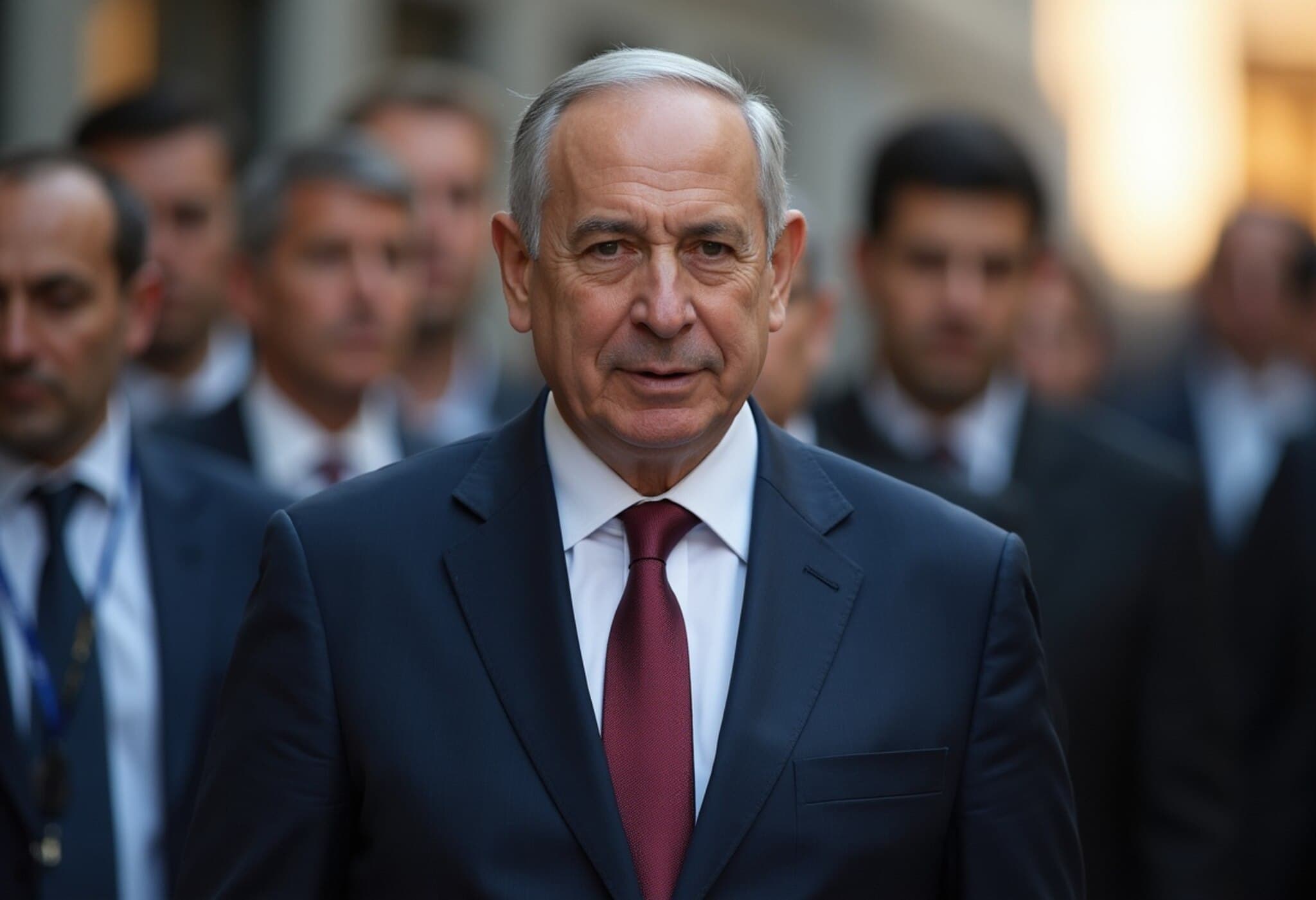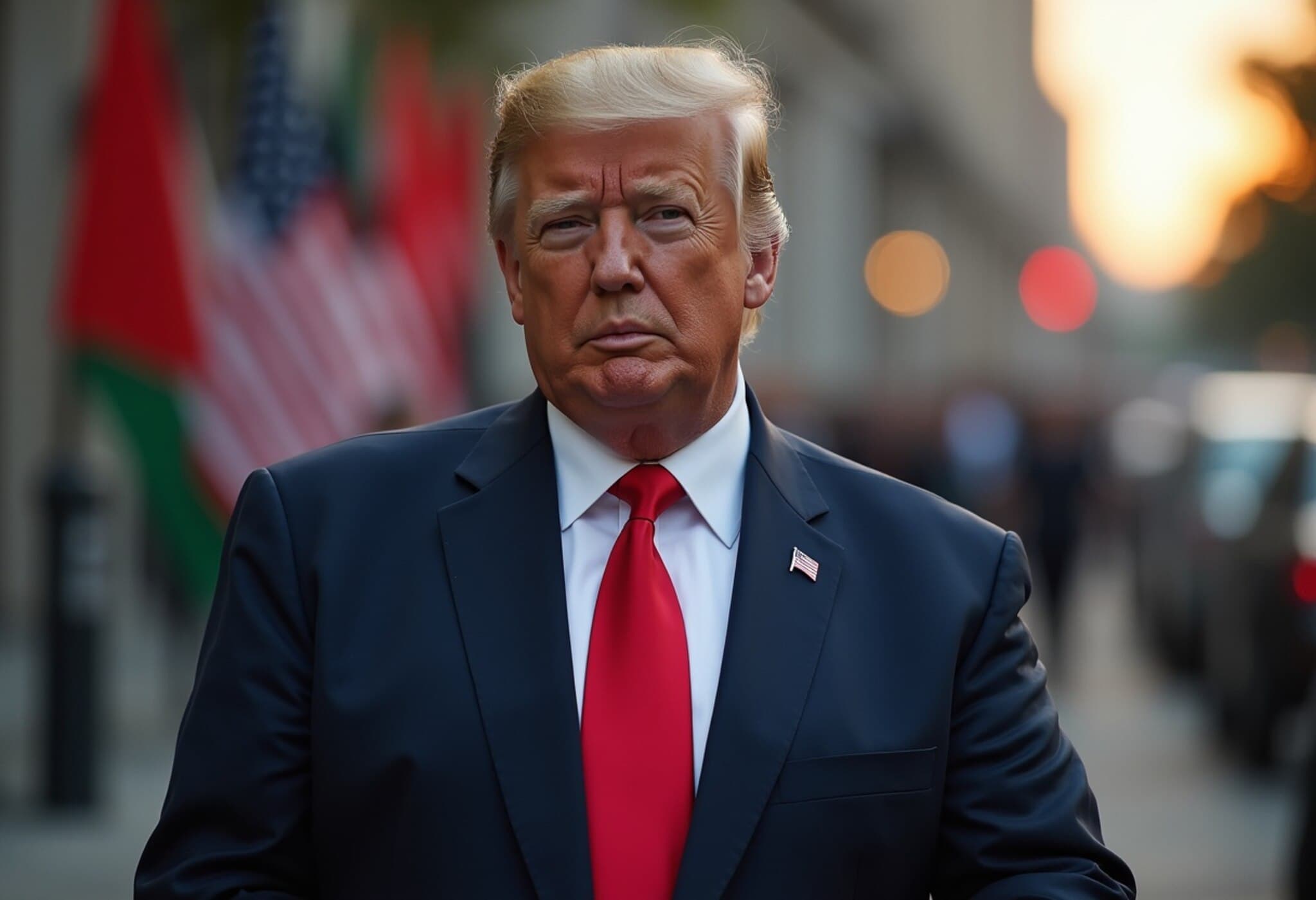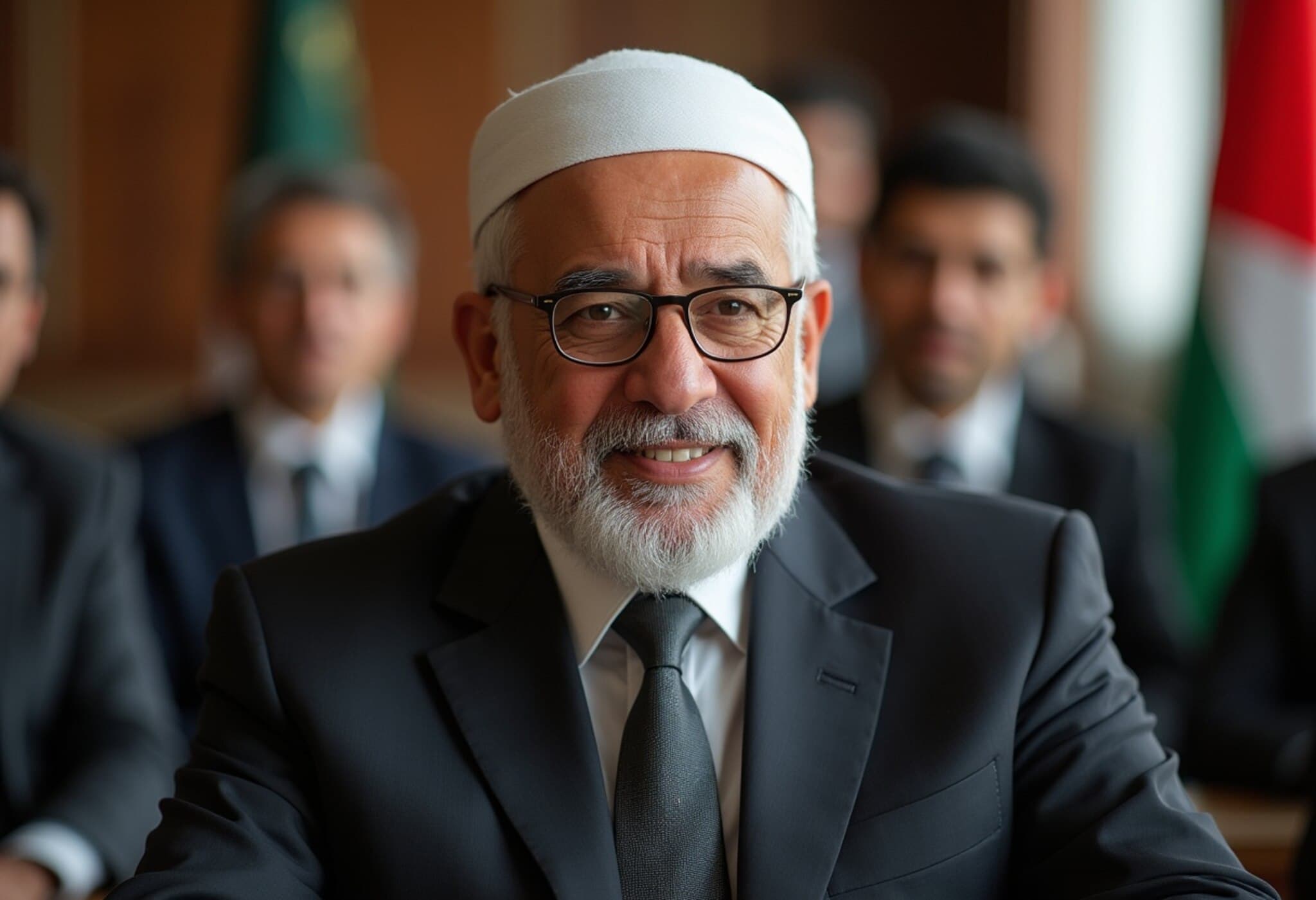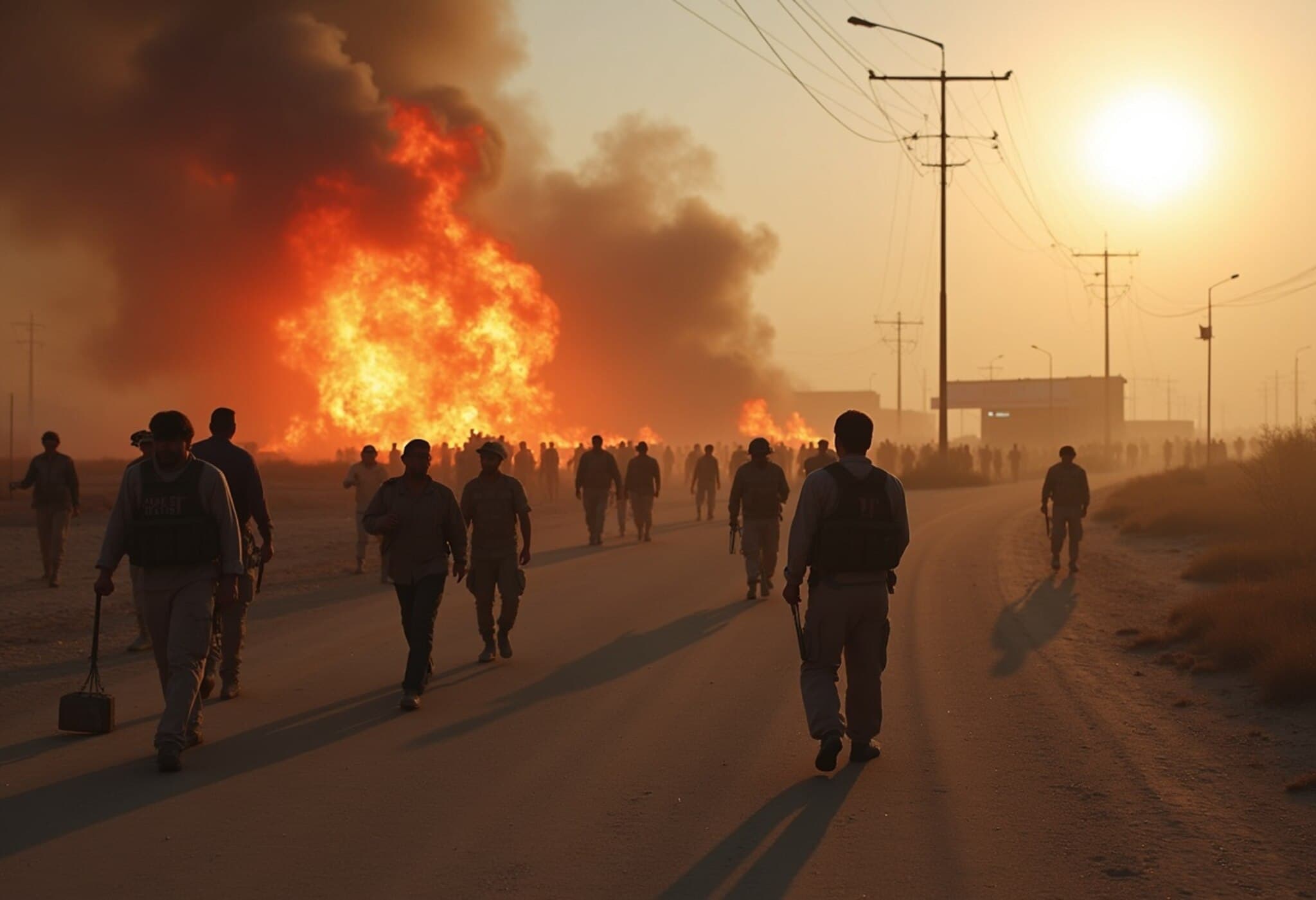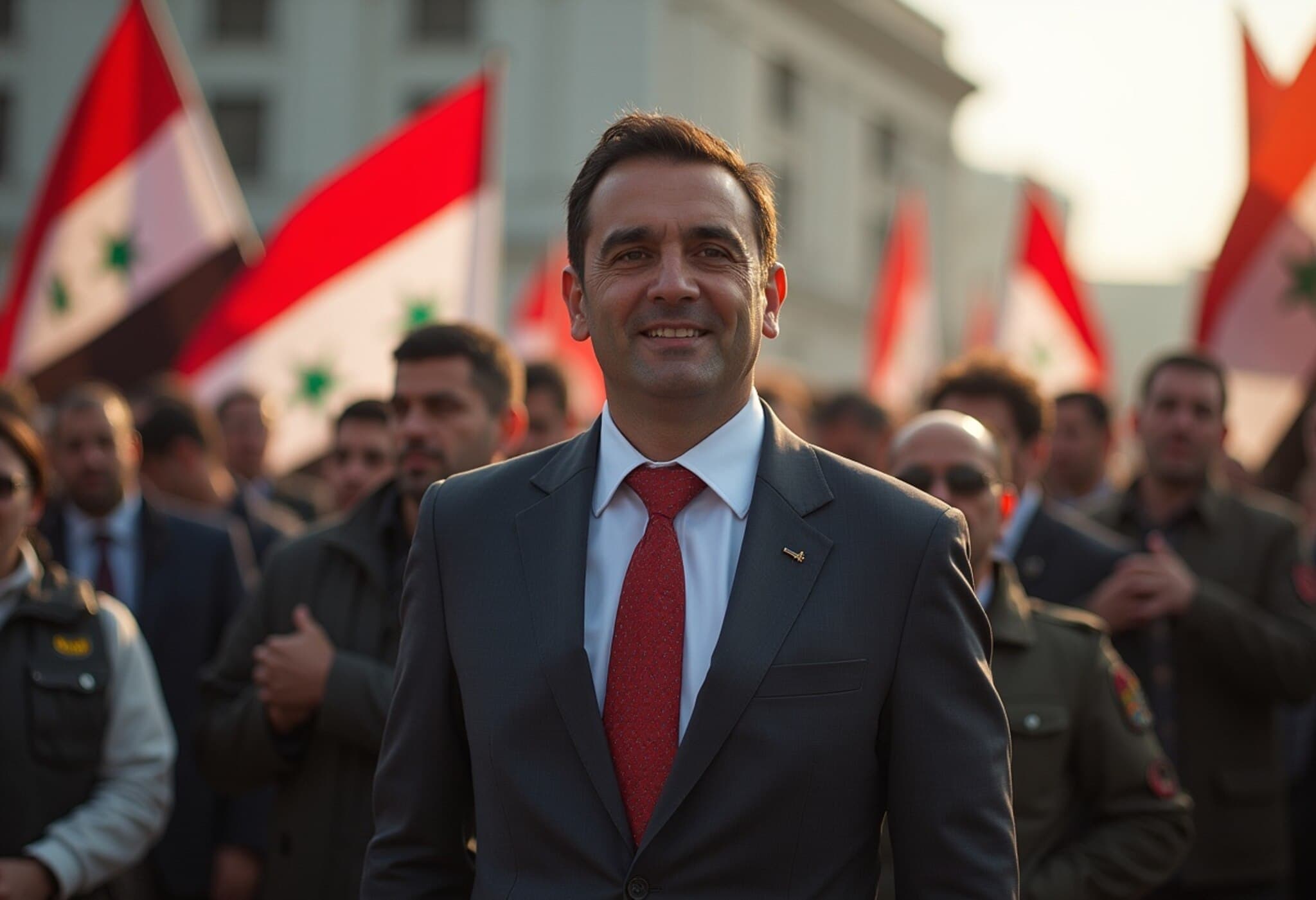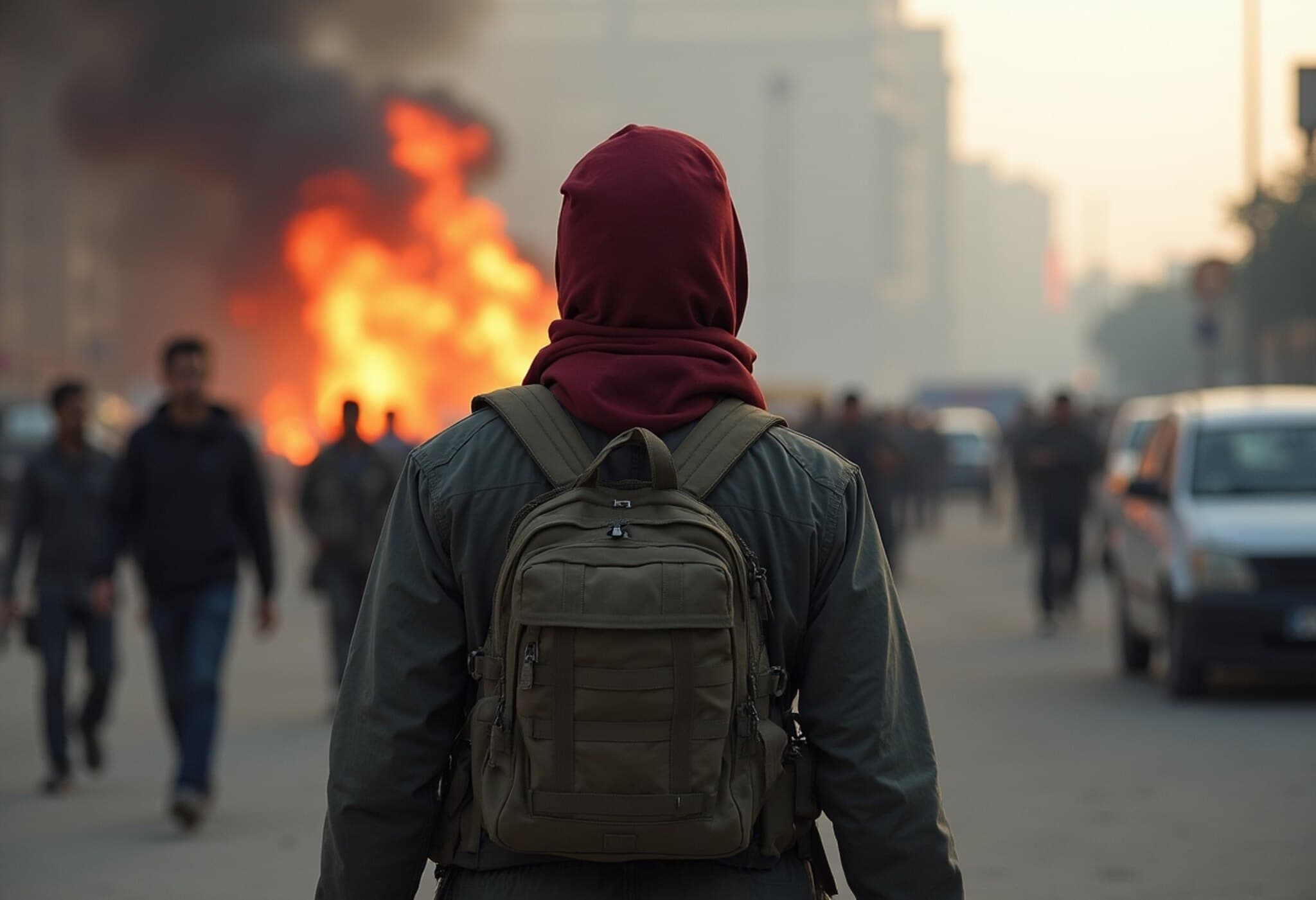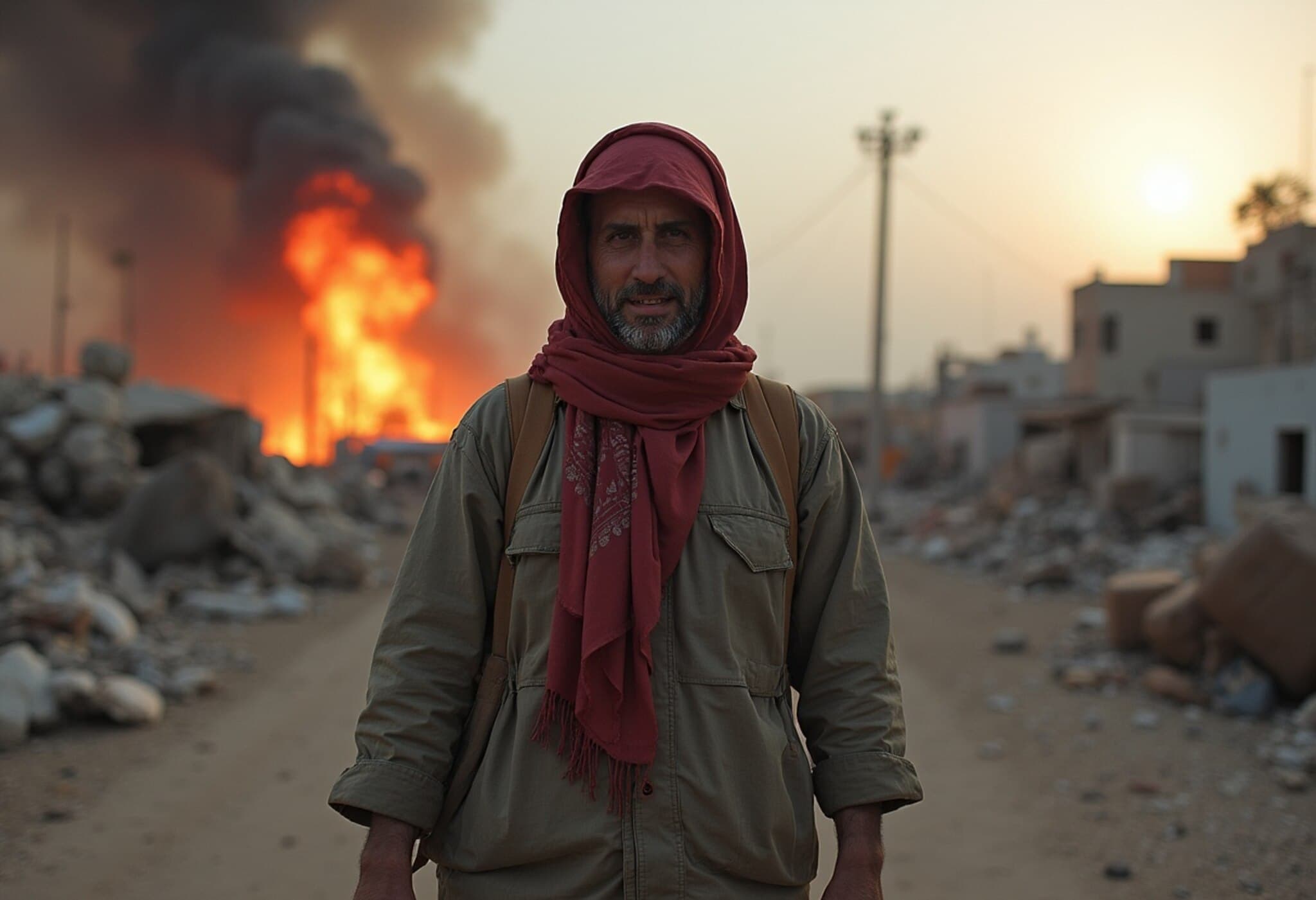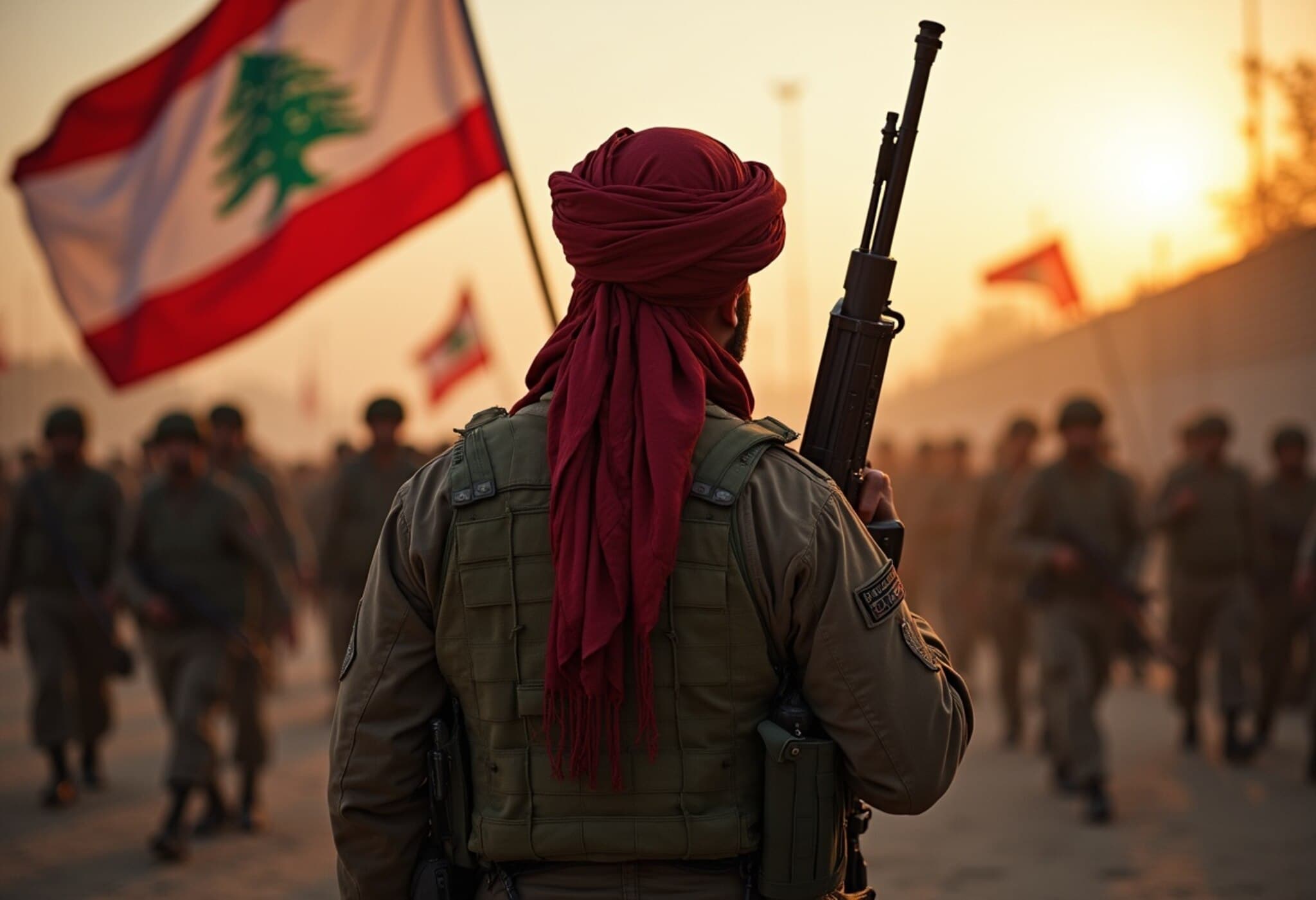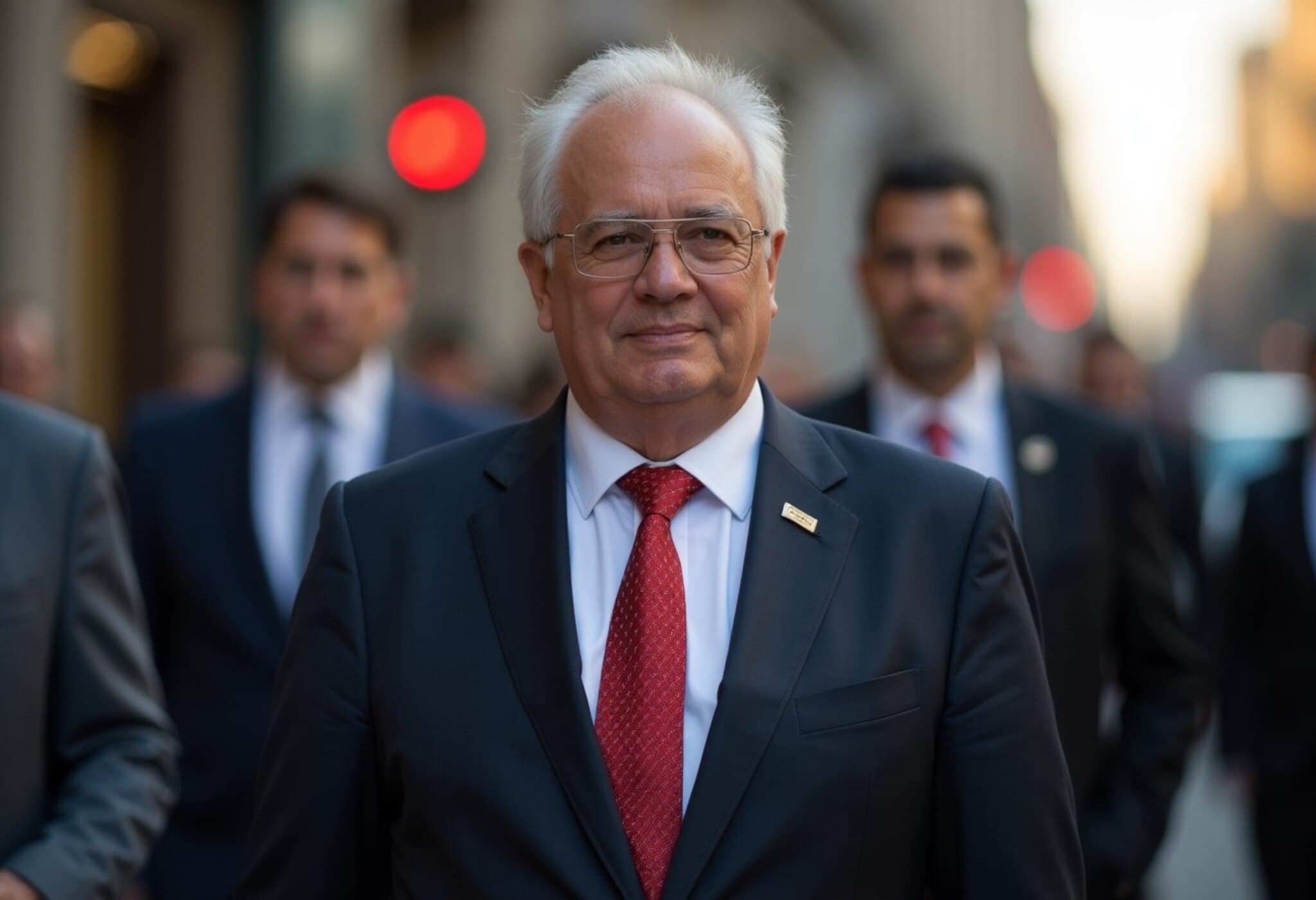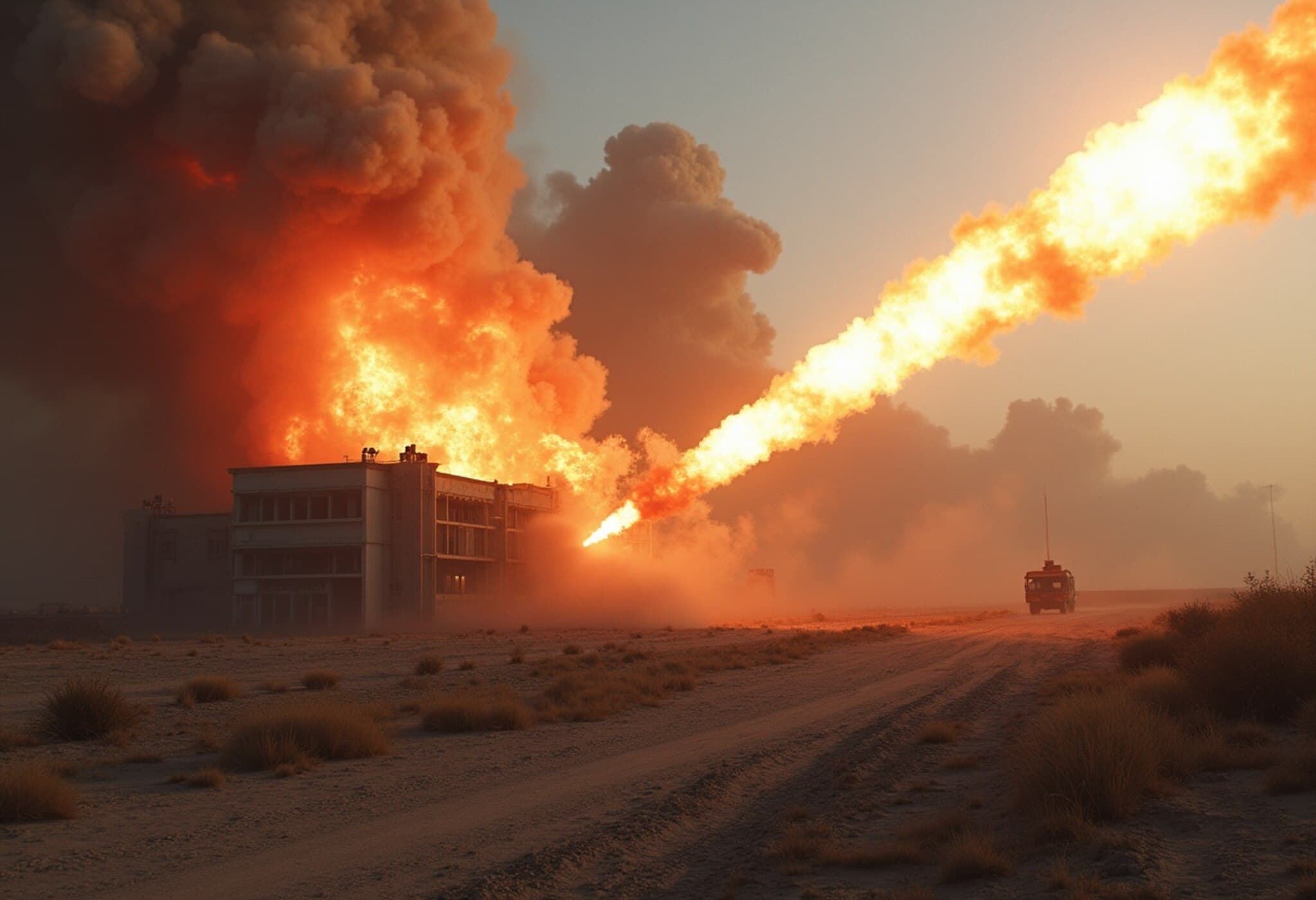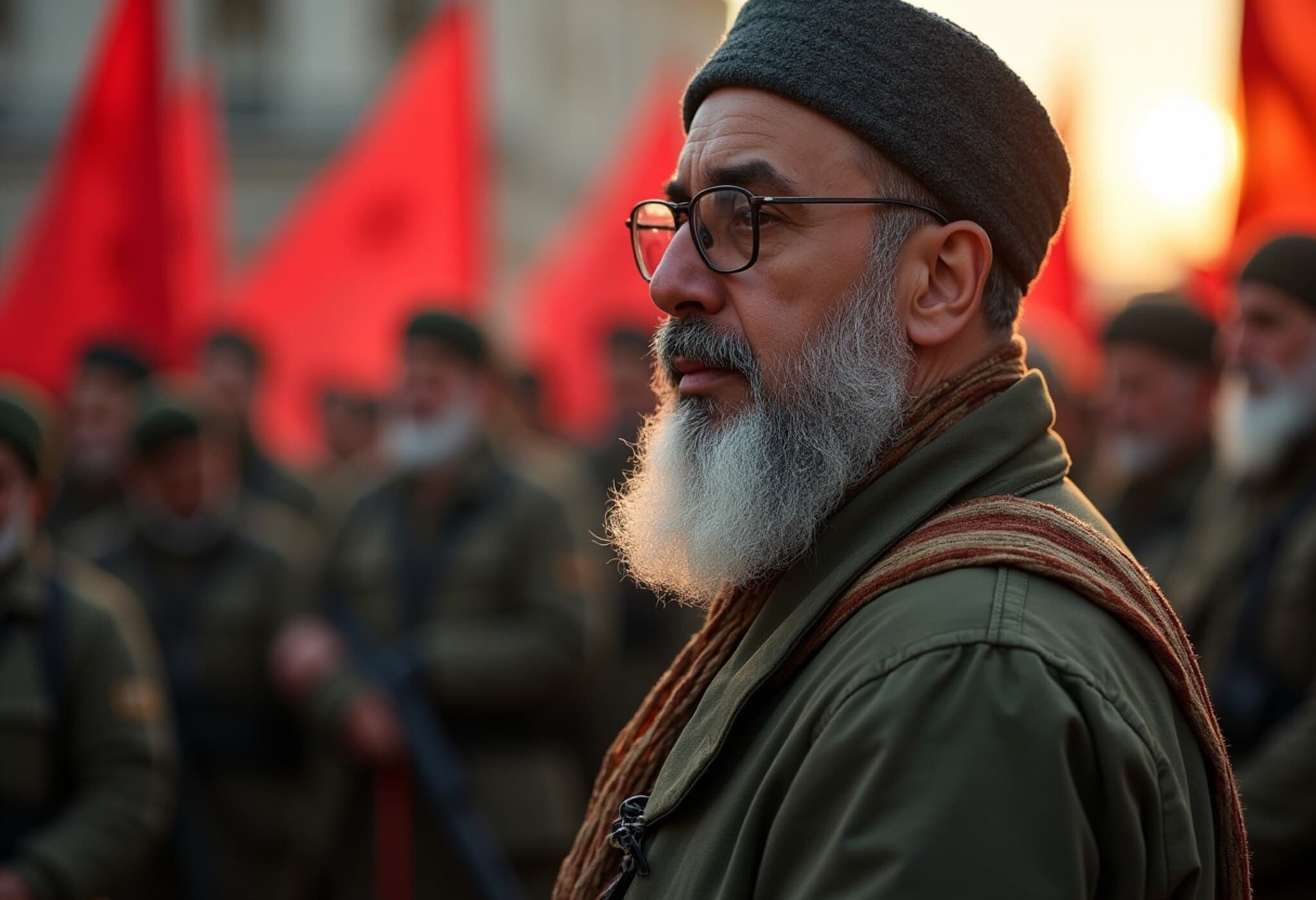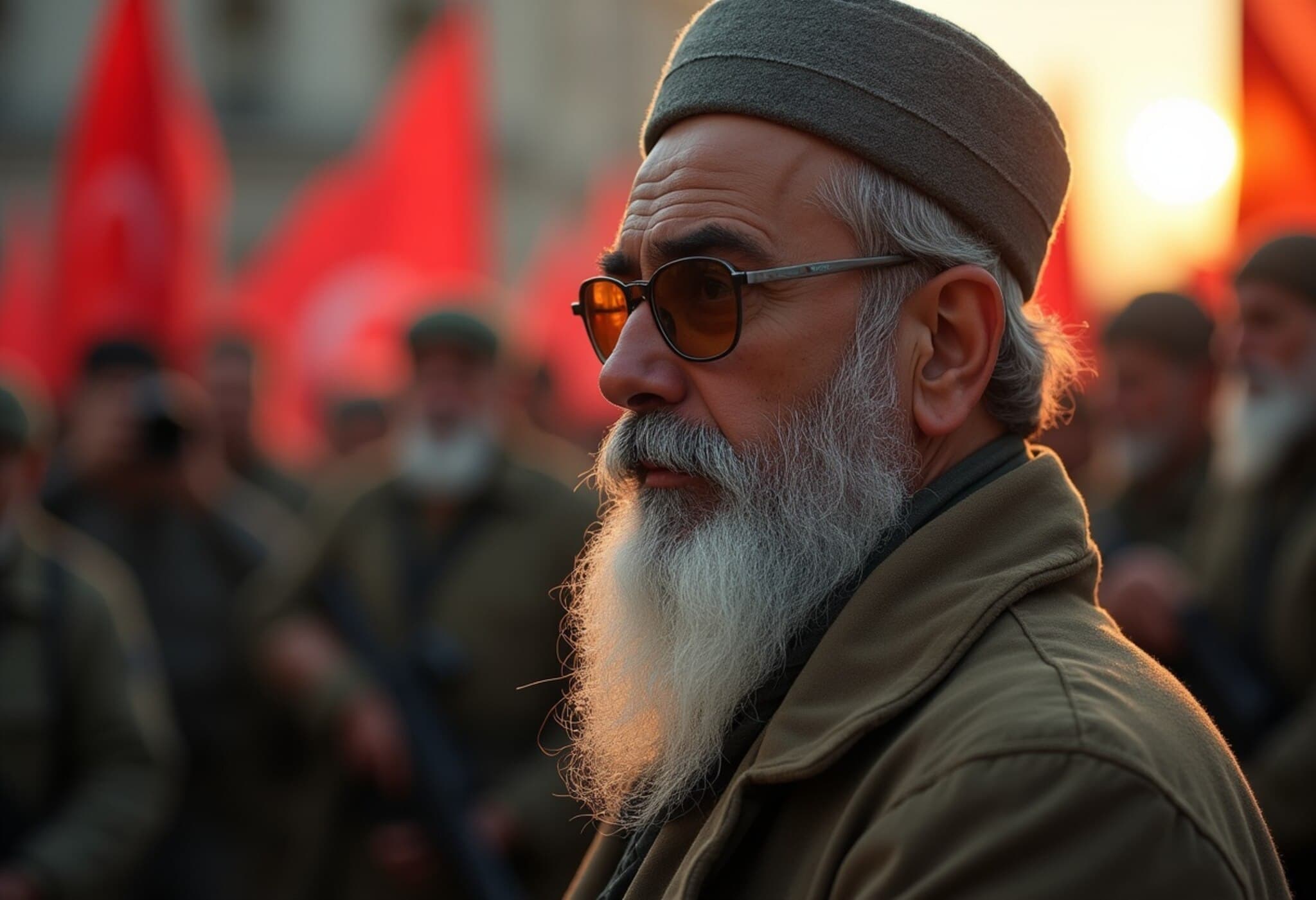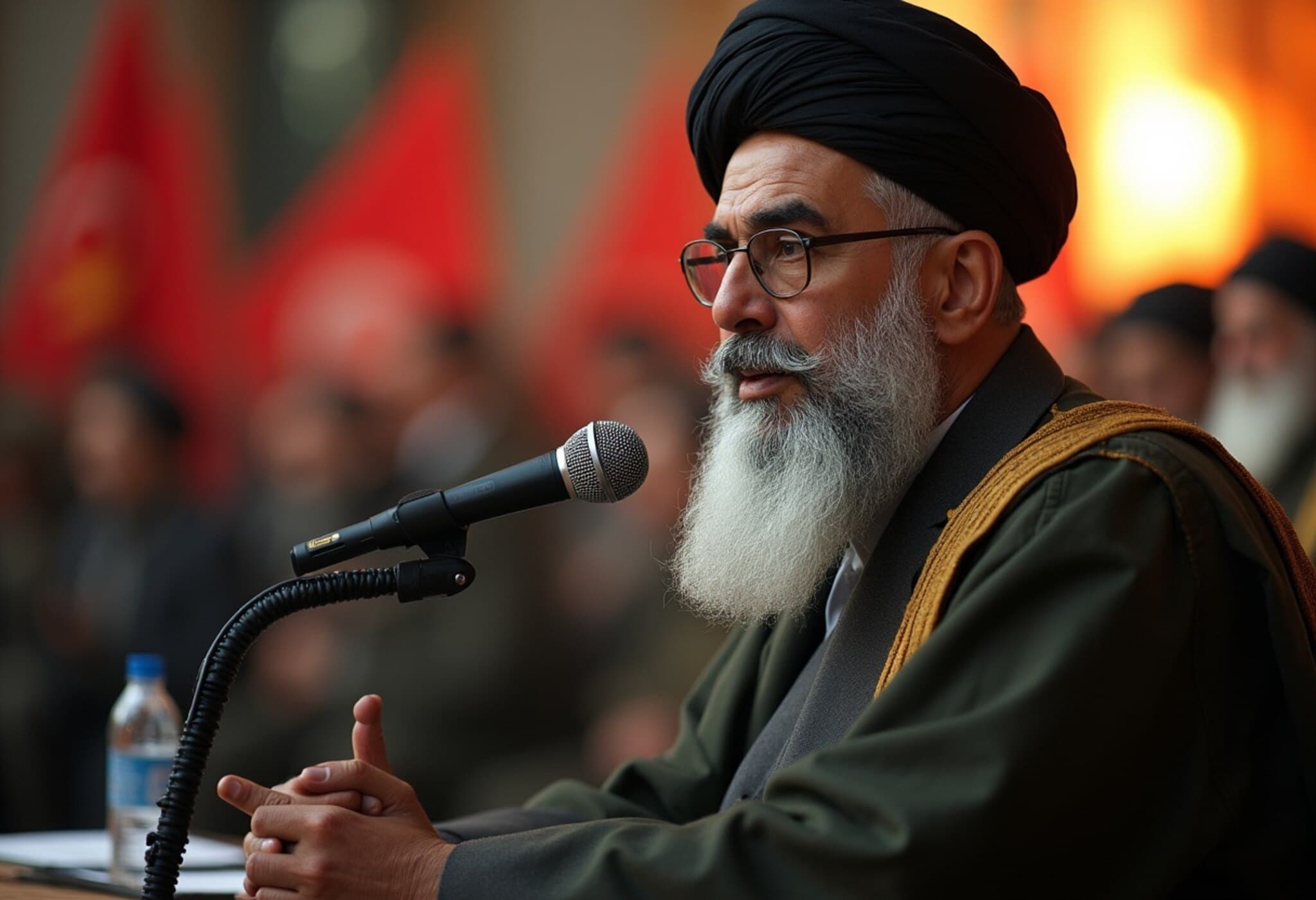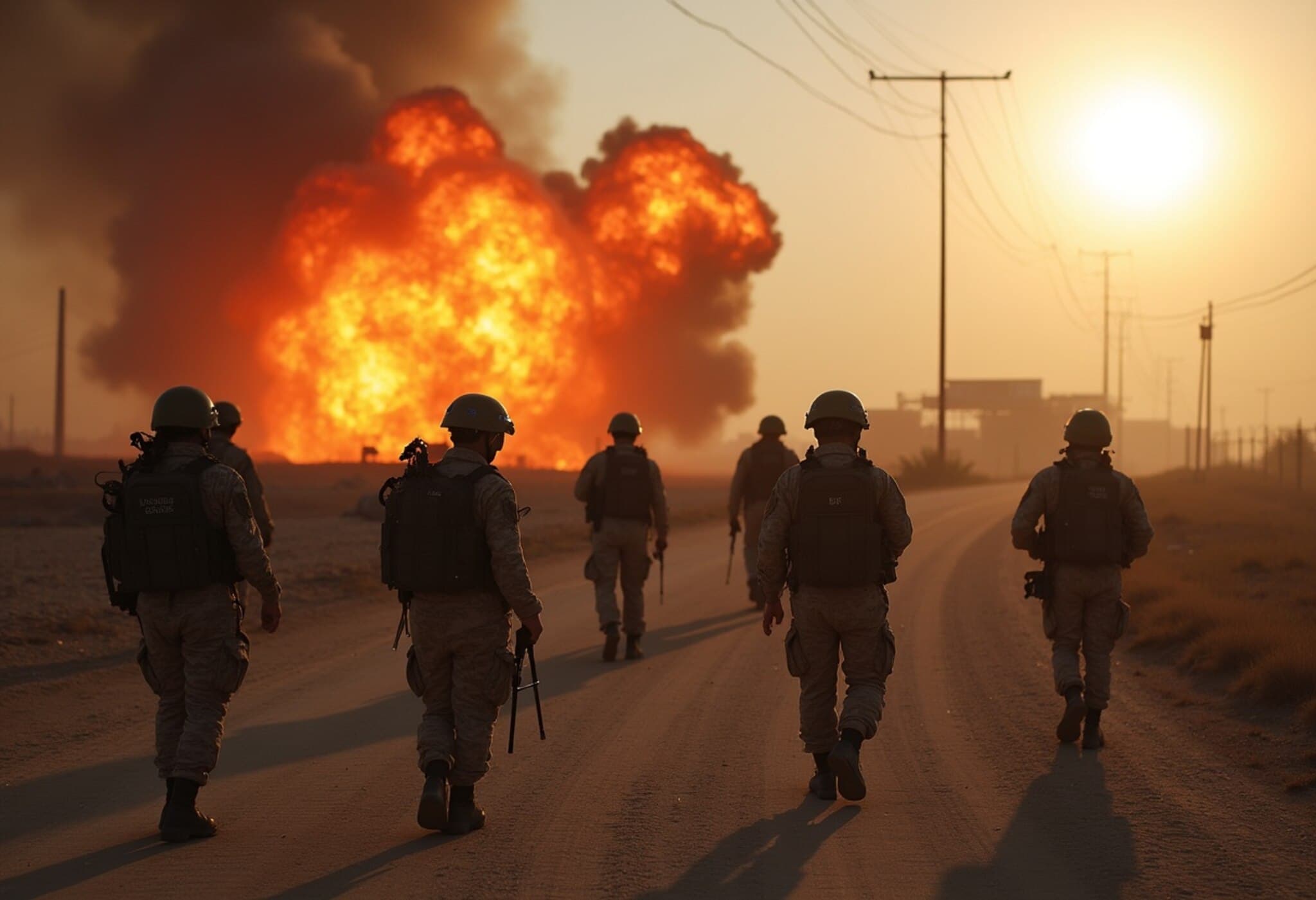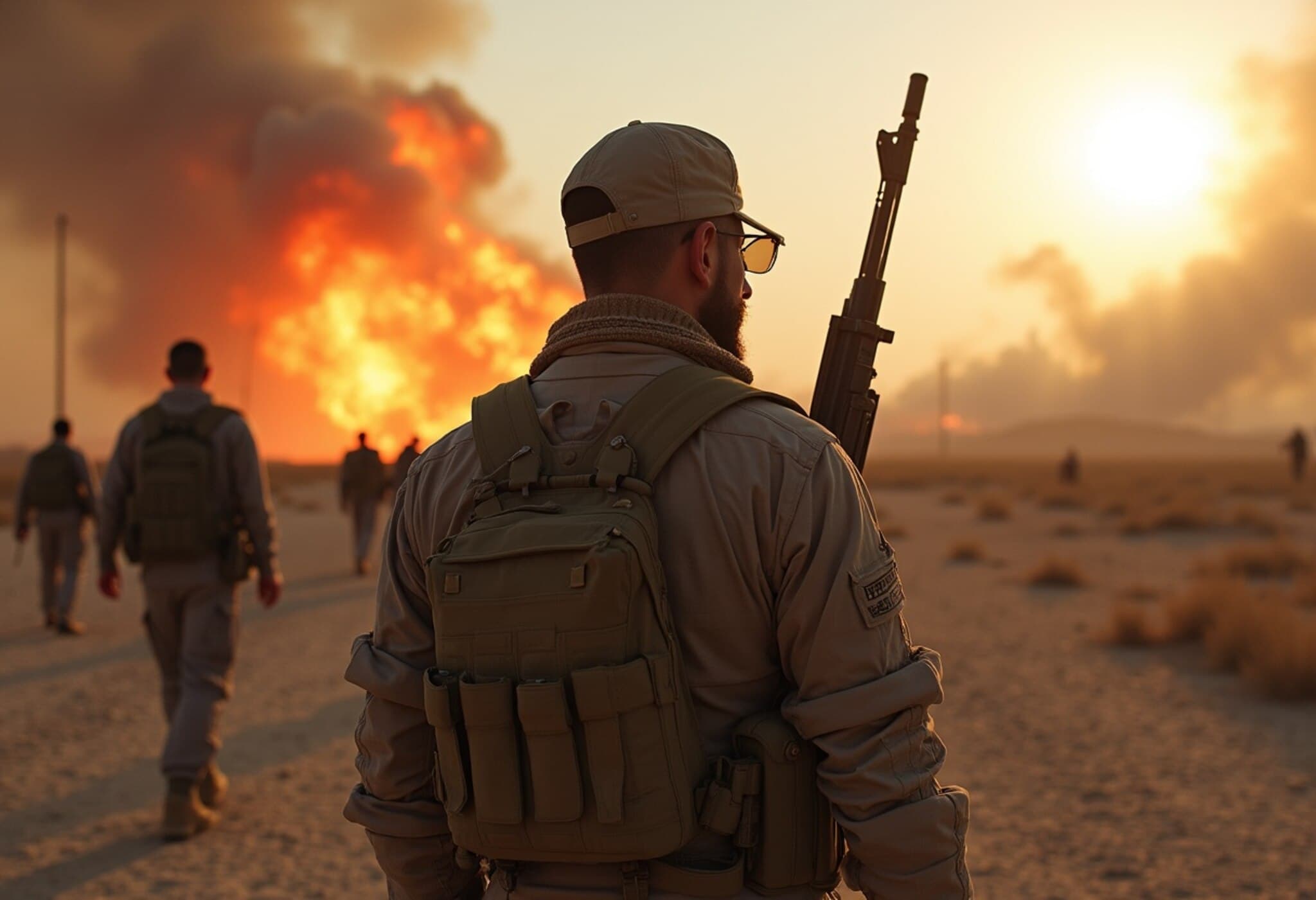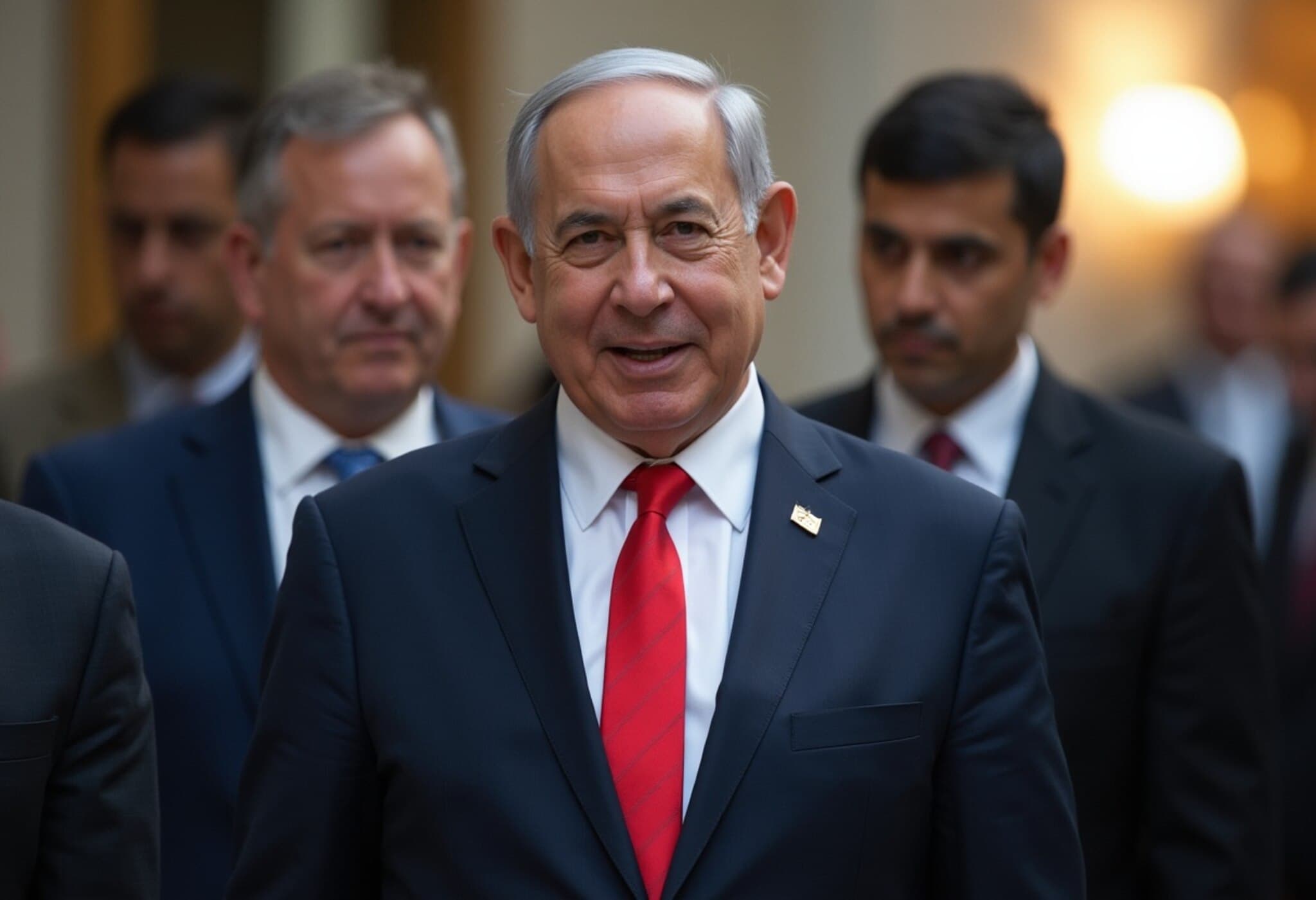Lebanon’s President Rejects Normalization with Israel, Insists Only State Should Bear Arms
In a firm declaration amid intensifying regional diplomatic efforts, Lebanese President Joseph Aoun stated on July 11, 2025, that Lebanon has no immediate plans to establish normal diplomatic relations with Israel. Instead, the government’s main priority remains securing a "state of no war" with its southern neighbor.
Context: The Abraham Accords and Regional Diplomatic Shifts
President Aoun’s remarks come at a time when the United States administration, under former President Trump’s legacy, is actively promoting the expansion of the Abraham Accords — historic agreements first signed in 2020 that normalized ties between Israel and countries like the United Arab Emirates and Bahrain. These accords have reshaped Middle Eastern geopolitics, encouraging greater Arab-Israeli cooperation.
Yet, Lebanon’s stance contrasts sharply with this momentum. While nations such as Syria recently hinted at indirect talks with Israel aimed at preventing border conflicts, Lebanon remains cautious and resolute in preserving its official state policies.
Exclusive State Monopoly on Arms and the Hezbollah Factor
A crucial aspect of Aoun’s statement emphasized that in the future, only the Lebanese state should hold weapons. This underscores the longstanding tension surrounding Hezbollah, the powerful militant and political group operating within Lebanon.
Hezbollah’s armed presence, particularly along the Israeli border, has been a persistent challenge for Lebanese sovereignty and regional stability. Despite Hezbollah’s claim of withdrawing from certain border areas following fierce clashes, it refuses to disarm nationally until Israel withdraws from five strategic border surveillance positions and ceases frequent Israeli airstrikes targeting Lebanese territory.
Hezbollah’s prominence grew after significant confrontations, including the 2006 war with Israel and the recent conflict beginning shortly after the Hamas-led assault on southern Israel on October 7, 2023. This latest war resulted in devastating losses: more than 4,000 people in Lebanon and 127 Israeli casualties, including 80 soldiers. The financial toll on Lebanon’s infrastructure was estimated at $11 billion, painfully highlighting the human and economic cost of ongoing hostilities.
Diplomatic Engagements and Challenges Ahead
This week, US envoy Tom Barrack met with Lebanese officials in Beirut, voicing optimism about Lebanon’s willingness to consider proposals to disarm Hezbollah. However, the complexity of the issue — intertwined with Lebanon’s internal politics, Hezbollah’s role as both a militia and political player, and Israel’s security concerns — means progress remains fragile and slow.
President Aoun succinctly summarized Lebanon’s approach: “Peace is the state of no war, and this is what is important for us in Lebanon at the present time.” He categorically dismissed normalization talks, stating, “The matter of normalization is not included in Lebanon’s current foreign policy.” This rejection underlines Lebanon's cautious posture and the deep-rooted mistrust toward Israel.
Historical Context and Regional Implications
Since the establishment of Israel in 1948, Lebanon and Israel have technically remained in a state of war, a reality complicated by Lebanon’s sectarian political landscape and Hezbollah’s influence. This enduring conflict underscores challenges facing broader peace initiatives in the region.
Experts note that Lebanon’s insistence on state monopoly over arms and rejection of normalization exposes the limits of the Abraham Accords’ reach. The accords primarily benefit Gulf states with strategic interests aligned with Israel and the US, while Lebanon remains tethered to its internal dynamics and unresolved conflicts.
Moreover, Lebanon’s position reflects sensitivities to public opinion within the country, where many citizens remain opposed to normalization due to historical grievances and recent conflicts.
What Lies Ahead for Lebanon and the Region?
- Internal Stability: Lebanon must balance disarming militias with maintaining fragile internal political harmony.
- Regional Diplomacy: The effectiveness of indirect talks and US-mediated proposals will be a test of diplomatic resilience.
- Economic Recovery: The financial devastation from recent conflicts places additional pressure on Lebanese leadership to prioritize reconstruction and peace.
- Public Sentiment: Widespread public distrust of Israel and Hezbollah’s role complicate efforts toward comprehensive peace.
Editor’s Note
President Joseph Aoun’s reaffirmation of Lebanon’s position highlights the intricate balance between sovereignty, security, and diplomacy in a volatile region. As the US and its allies push for normalization between Israel and Arab states, Lebanon’s stance serves as a powerful reminder that peace processes must grapple not only with geopolitics but also deeply ingrained local realities and historical wounds. Will Lebanon’s insistence on a state monopoly of arms and rejection of normalization help stabilize the country, or prolong its isolation? This remains an unfolding question with profound implications for Middle Eastern peace and security.

